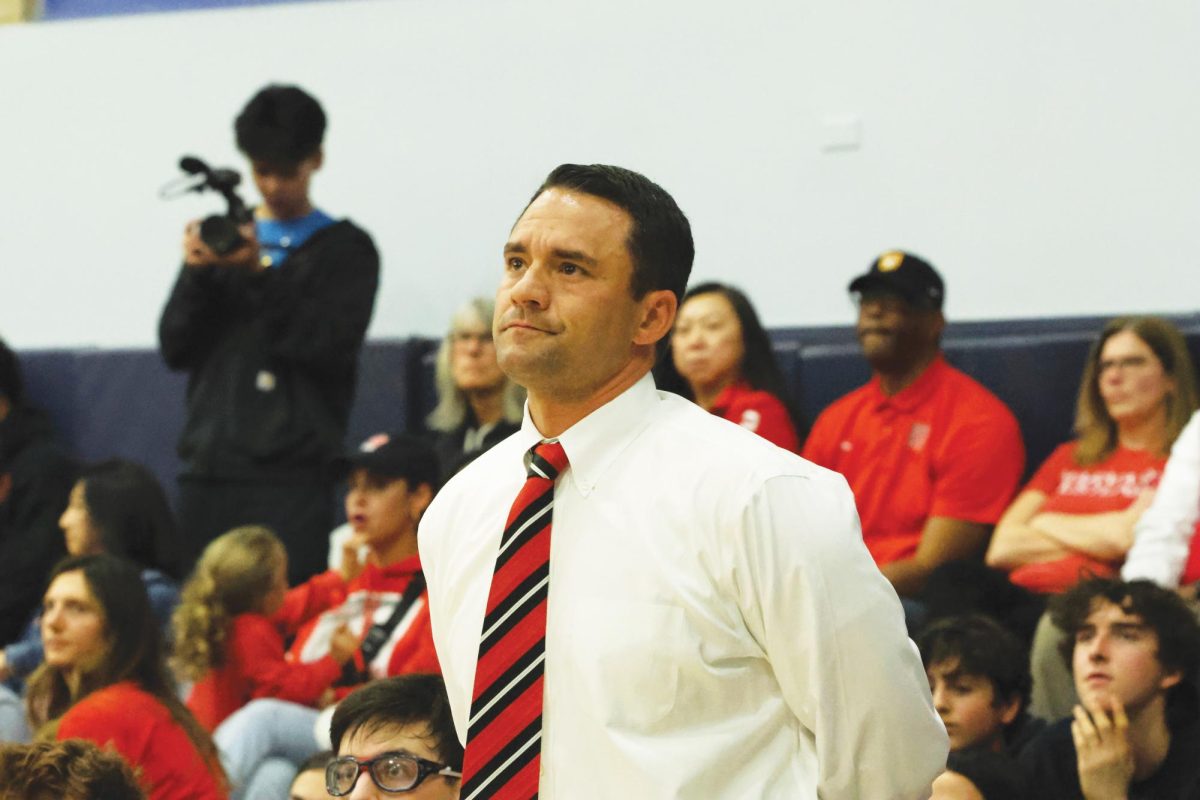By Danny Nessim and Andrew Schein
She had cravings. She waited 45 minutes to get her fix. She blew five dollars a hit.
Julia Steinberg â08 was addicted to Pinkberry, and she knew it.
âItâs like a drug,â she said.
âMy friends told me to try it,â Kristin Chan â07 said. âThen I became addicted.â
Like many addictions, the Pinkberry habit is often sparked by peer pressure. In fact, all trends have a subtle peer pressure component, Columbia University sociology professor Duncan J. Watts said.
People choose a product based on its popularity before they consider its value, he said.
Pinkberry benefited from this characteristic of human nature, enjoying a cascading reaction in which a few Pinkberry devotees converted many more.Â
 âPeople eat Pinkberry because itâs trendy,â Rachel Horwitz â07 said.
It seems straightforward: popularity breeds popularity. Yet, to Watts, the idea has important ramifications.
âTo the extent that an individual consumerâs desire for some particular brand of frozen yogurt is fueled by their observations of other people eating it, talking about it or advocating it, then the aggregate demand of âthe marketâ is a dynamic process,â he said.
In other words, the importance that human beings place on other human beingsâ behavior creates wide, âdynamicâ swings in popularity. A product might get hot and fade away even though its value never changes because demand for it was never based on its value in the first place, Watts said. A âtrendâ is the swing up in a productâs popularity.
Angelica Baker â06 got a summer job working at Pinkberryâs original West Hollywood location in June 2006.Â
A friendâs older sister introduced her to Pinkberry in the spring of her senior year. She was one of the first students at school to taste the yogurt. Baker began working as the yogurtâs popularity increased exponentially.
Before she started at the store, she never had to wait for a bowl of yogurt, but on her first night at her new job, the line went around the block.
Customers sometimes waited an hour and a half for a bowl.
âMost teenage trends are driven by a desire to belong,â school psychologist Luba Bek said. To her, the Pinkberry craze is no different.
Bek cites Abraham Maslowâs hierarchy of needs theory. Most students easily satisfy their physiological needs for food and water (the hierarchyâs first level) and their need to feel safe (the hierarchyâs second level), Bek said. But the third and fourth levels, the needs for a sense of belonging and the high esteem of others, are rarely met.
âMaslow says that when one of your needs is not met, your energy goes to fulfilling that need,â Bek said. âThatâs why teenagers join gangs, to feel part of a group. Going to Pinkberry is like joining a gang. It fulfills the need for a sense of belonging.â
Bek also suggested that Pinkberryâs general ambience â the colors and even the high prices â might attract people, and that the novelty factor is important as well.
Trends come and go, she said; Baskin Robbins dominated the cold dessert aisle, then Ben and Jerryâs did and now Pinkberry does. A trendâs success is âsomewhat arbitrary,â Watts said, because a productâs buzz is not deeply related to its value.
âIt is not that people were sitting around waiting for this particular variety of frozen yogurt â with just this taste, texture and image â to come along, and that Pinkberry somehow stumbled upon this untapped demand,â he said. âRather, the demand is at least partly a product of Pinkberryâs own success.â
Some students say that Pinkberryâs novelty has already worn off and that the pull of its popularity is decreasing.
âI think itâs already fading,â Genevieve Kaunitz â07 said.
âI only went because my friends were like, âOh my God, itâs so good, you have to try it,ââ Horwitz said. âNow Iâm sick of it.â





































